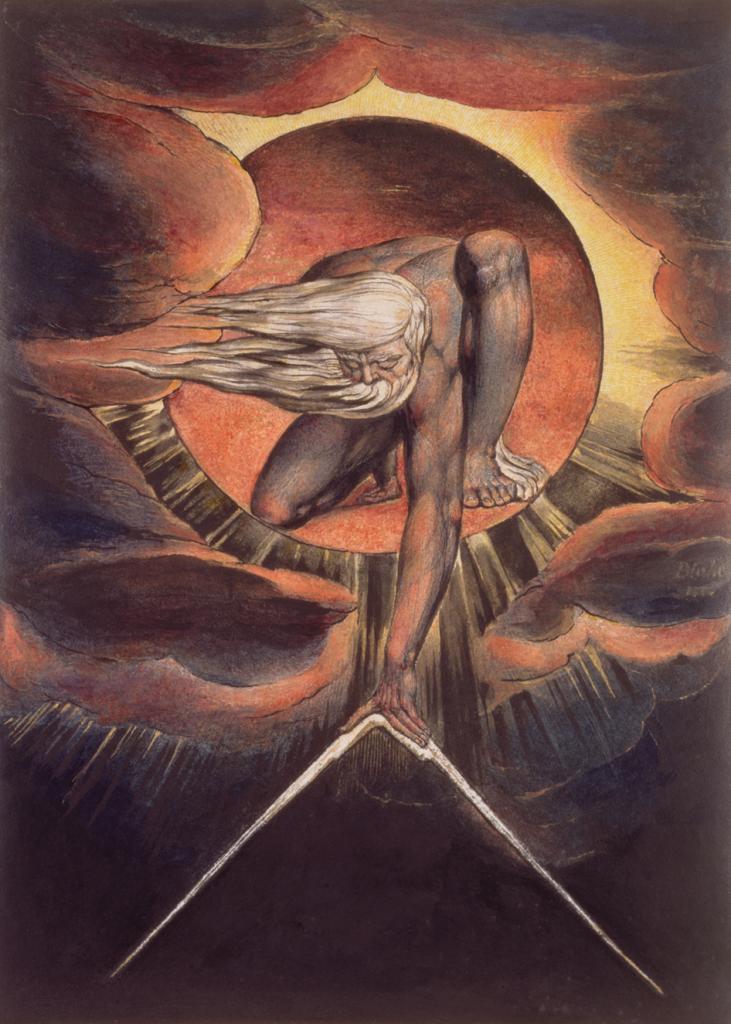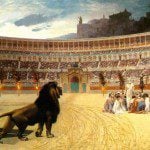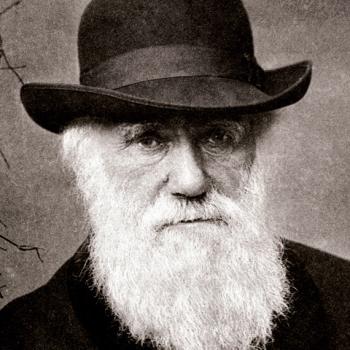
Wikimedia Commons public domain image
Over the next few weeks, I’ll be reading gradually through Darwinism and the Divine: Evolutionary Thought and Natural Theology (Chichester: Wiley-Blackwell, 2011), by the appallingly prolific Anglo-Irish theologian Alister McGrath, who holds Oxford doctorates in both divinity and intellectual history — which he earned after he had first received an Oxford doctorate in molecular biophysics. Darwinism and the Divine emerged from the 2009 Hulsean Lectures, which he delivered by invitation at the University of Cambridge. From time to time, I will share at least some of my notes from the book. Here are some of them:
McGrath cites a rather standard definition of the term natural theology as “the enterprise of providing support for religious beliefs by starting from premises that neither are nor presuppose any religious beliefs.” (16)
Such natural theology commences with science, or at least with a more or less careful reflection on the natural world — on what Galileo termed “the book of nature” as distinct from (but, he thought, consistent with) “the book of scripture.”
Bonaventura of Bagnoreggio (1221-1274) held that the wonders and phenomena of nature should be viewed as “shadows, echoes and pictures” or God, its creator, and that these “are set before us in order that we might know God.” (cited on page 17)
However, especially in modern times, there have been objections to natural theology.
The main difficulty was that this form of natural theology seemed to point toward an impoverished conception of God, which was not worthy of the Christian tradition. Nature revealed a divine watchmaker — a divine mechanic, who seemed to fall far short of the Christian notion of a transcendent, glorious personal God. (17)
An illustration of this, I (dcp) suppose, might be the recognition of Antony Flew (1923-2010), several years before his death, that there is indeed a God. Flew had been one of the most outspoken and prominent advocates of atheism in English-speaking philosophy, but he finally came around because evidence for design in nature seemed to him irresistible. However, while that evidence led him to a form of deism, it did not bring him fully to Christianity.
The theological ascendancy of Karl Barth (1886-1968) has led to natural theology being seen as subversive of divine revelation, and erosive of theological distinctiveness. For Barth, natural theology undermines the necessity, uniqueness, and distinct character of God’s self-revelation. If knowledge of God can be achieved independently of God’s self-revelation in Christ, then it follows that in principle humanity can dictate the place, time, and means of its knowledge of God. Natural theology, for Barth, represents an attempt on the part of humanity to understand itself apart from and in isolation from revelation, amounting to a deliberate refusal to accept the necessity and consequences of revelation. (18)












